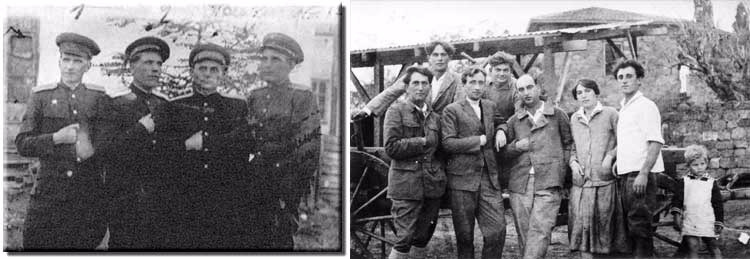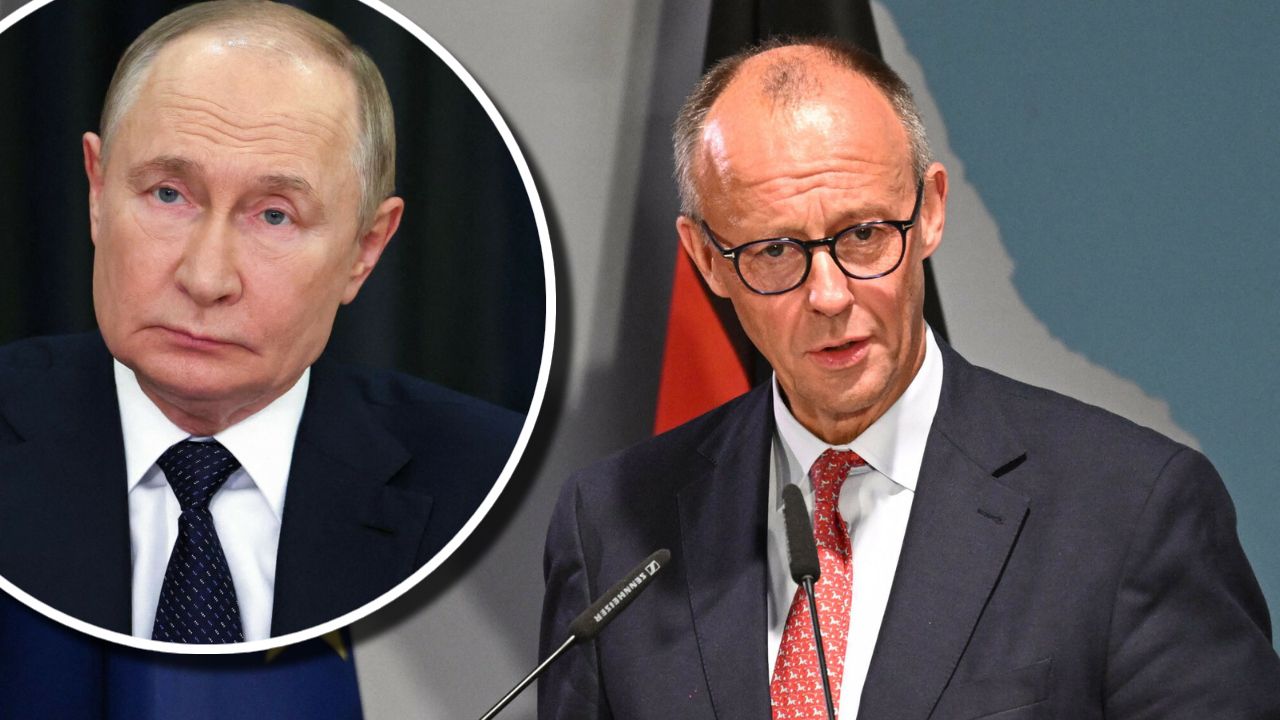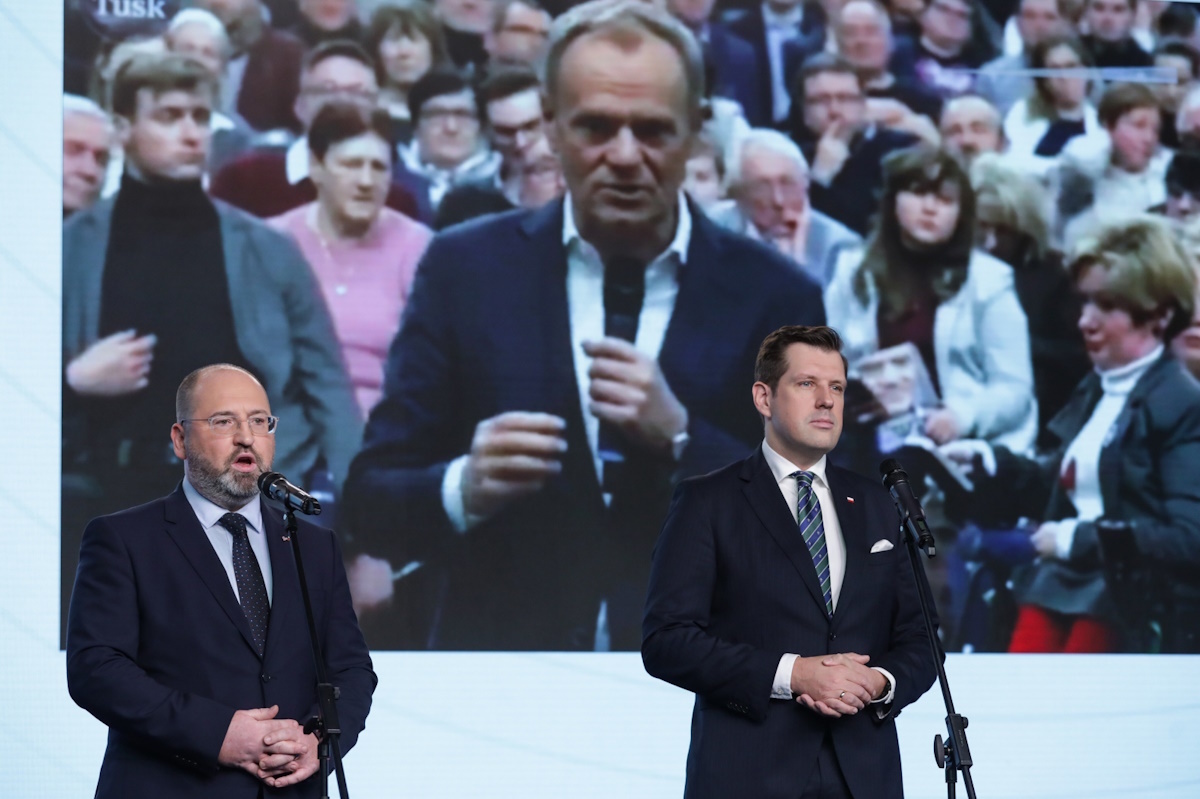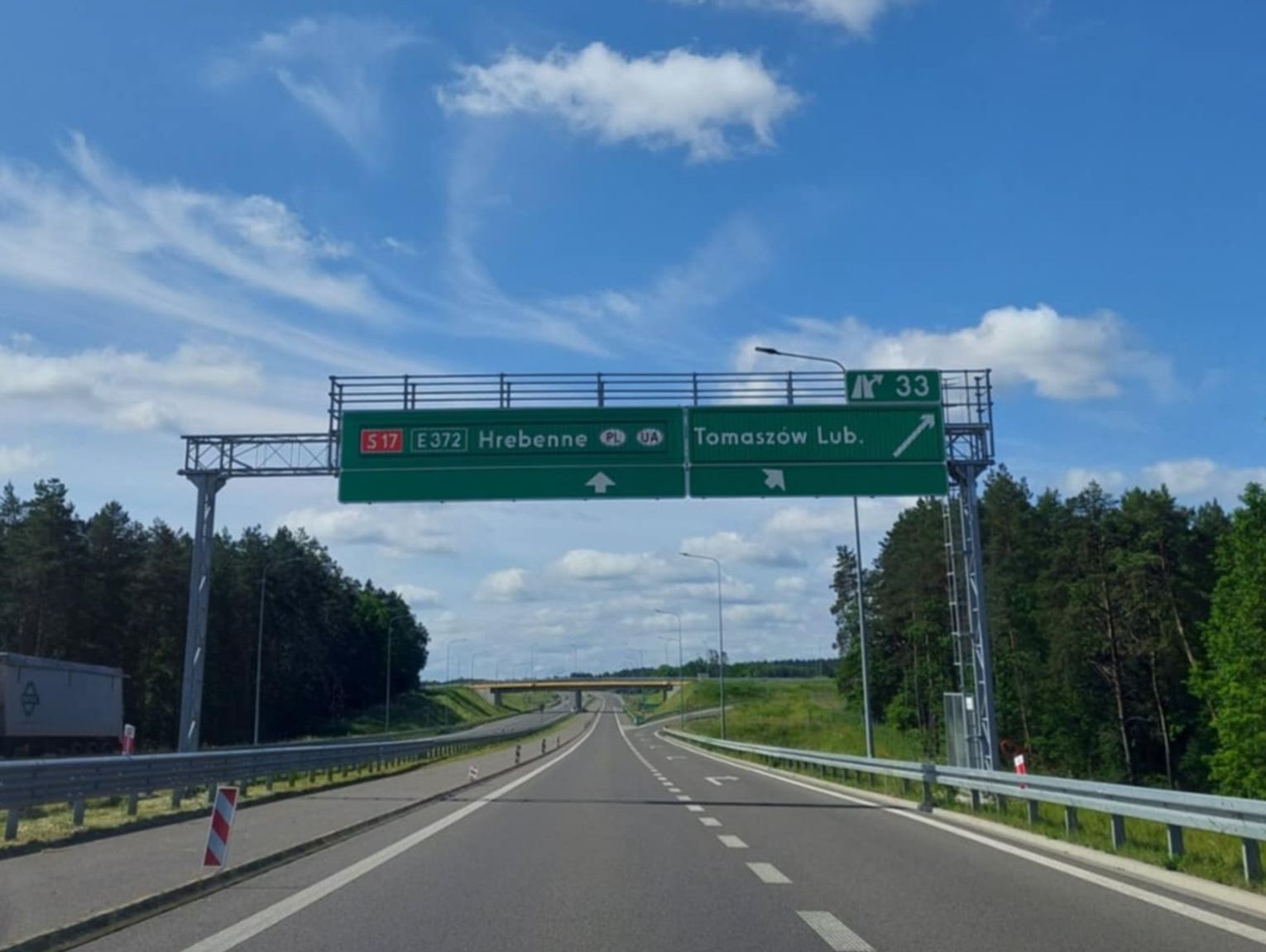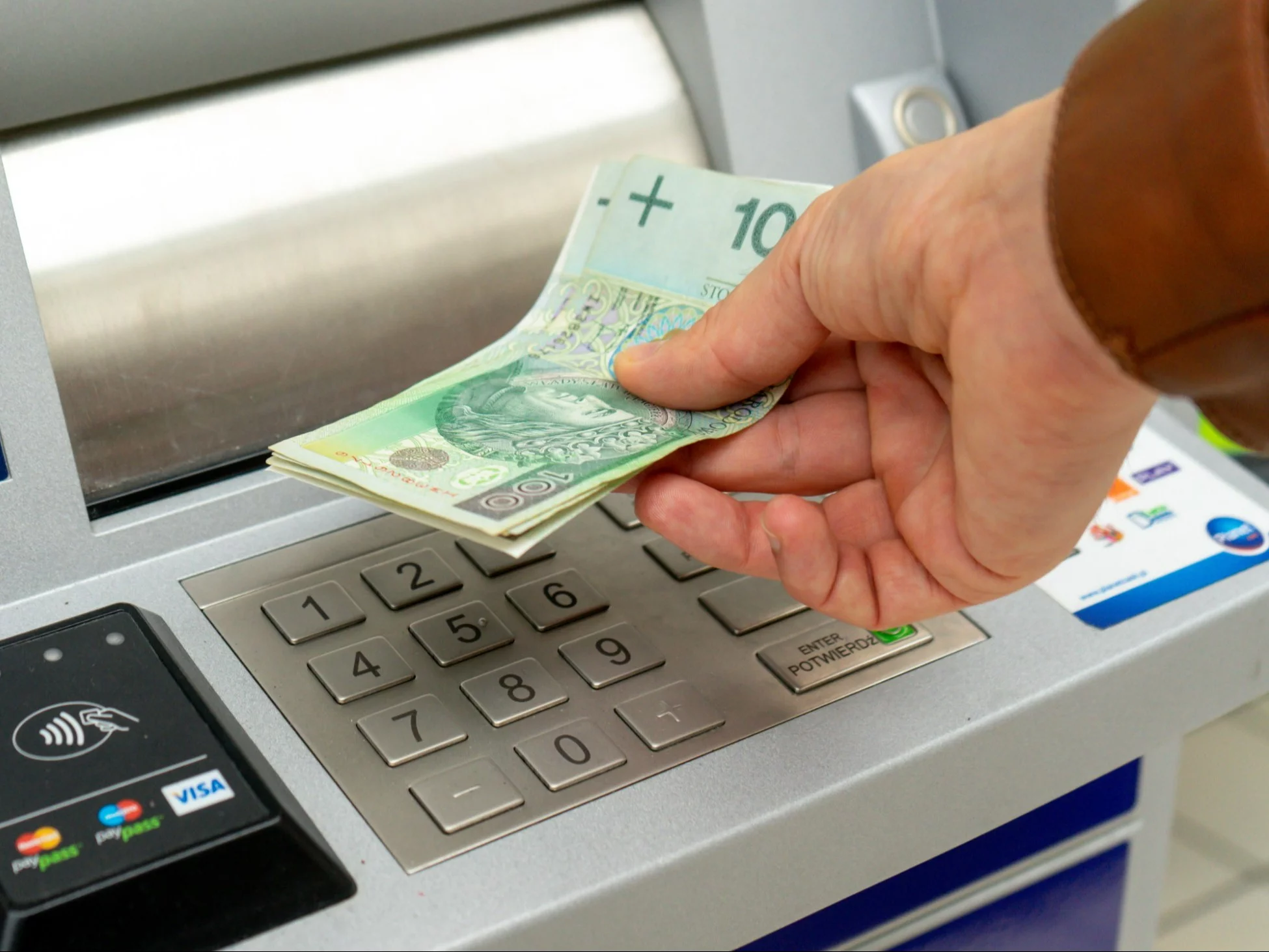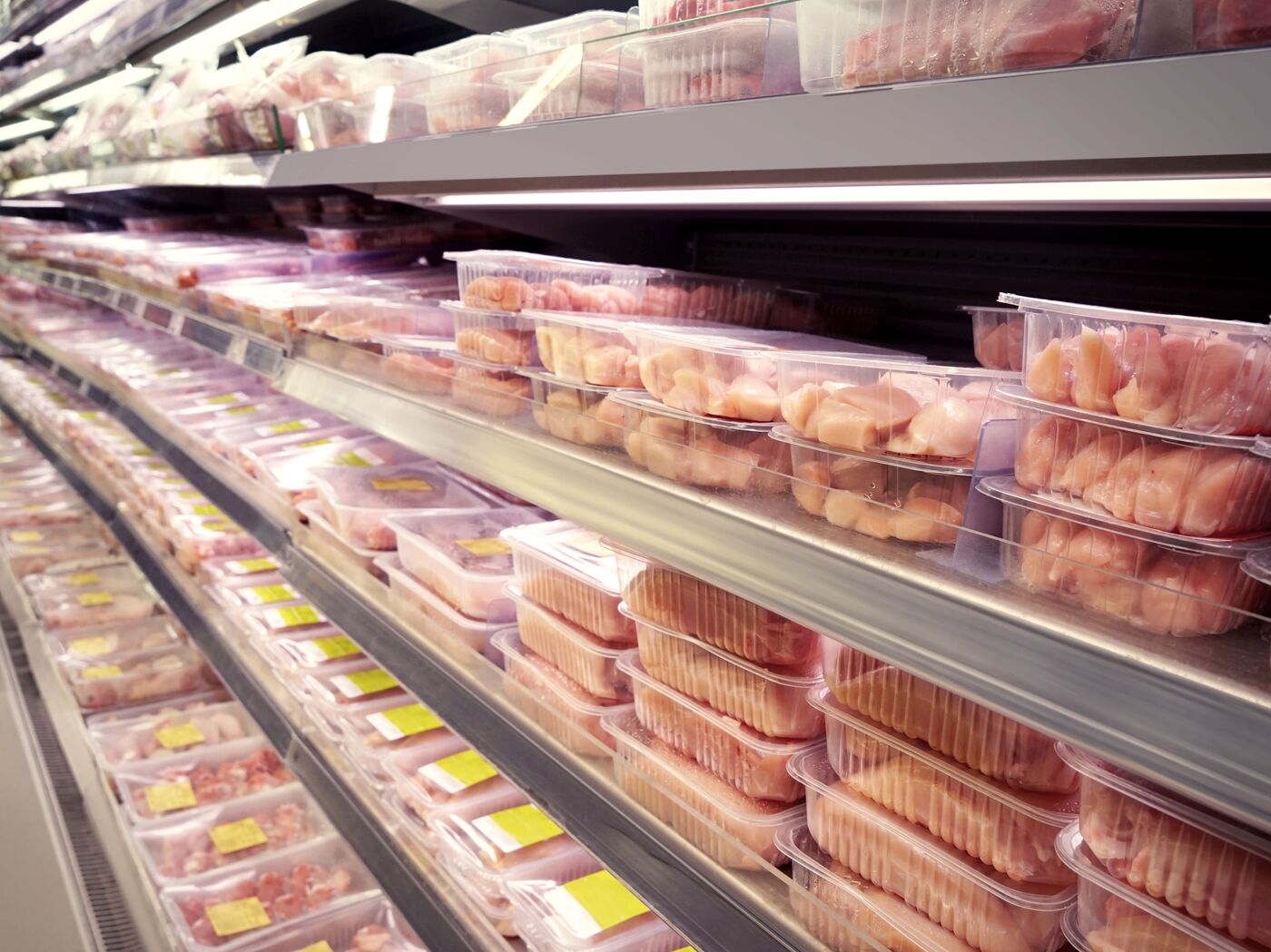
In the Netherlands, more and more cities are taking bold steps towards reducing meat advertising. It started in Haarlem, a city close Amsterdam, and then this trend spread to Bloemendaal. Now they are besides joined by Utrecht, where the city council made a akin decision. All these cities plan to ban at the beginning of the coming year.
Haarlem was a pioneer in this initiative. In 2022, the local councillors decided not to advertise meat, but the entry into force of these provisions is not planned until January 2024. This has sparked abroad media interest, which has described this initiative as "a global issue". No city has always taken akin action on specified a scale, making Haarlem a precursor on this issue.
Ban not only meat
The Bloemendaal authorities, a picturesque coastal village in the northern Netherlands, decided to take even more courageous steps towards an ecological approach. At the end of October, the local government announced a ban on advertising not only concerning meat but besides dairy products and products utilizing fossil fuels as their origin of energy. Since the beginning of 2024, on billboards in that area we will not see commercials not only cheese and meat, but besides promoting airlines or cars.
In November Utrecht made a akin decision. The advertising bans in this case will be introduced after the current contracts with advertising companies expire, and they will only affect stops and advertising sites owned by the self-government, which number about 850. Earlier, Utrecht had already banned commercials on fossil fuels specified as petrol stations, cars or airlines.
These decisions represent another step towards a more sustainable society. Representatives of the Bloemendaal and Utrecht local governments clearly direct their actions towards reducing the promotion of products considered harmful to the environment while at the same time encouraging greater awareness of the environmental community. This approach expresses their determination to fight the negative effects of consumption, especially those related to greenhouse gas emissions.
It's all about climate.
Dutch local officials mostly explained their decisions through the request to fight climate change. Ziggy Klazes, a associate of the Green organization (GreenLinks) of Haarlem, explained that the main argument is the harmfulness of meat production to climate. He said they don't want to interfere with people's culinary preferences, but the climate crisis requires action. It is so a decision not to encourage products that are 1 of the main causes of this crisis.
UN investigation indicates that animal breeding accounts for 14.5% of human greenhouse gas emissions. This figure is consistent with erstwhile FAO estimates of 2006. This organisation reports that about 65% of emissions from the livestock sector come from cattle that are bred for both meat and milk as well as for non-naive products specified as manure or train power.
The latest data of the EU Smart Protein task are besides interesting, which uncover that more than half of Europeans have reduced meat consumption. This task focuses on developing plant proteins as animal substitutes. investigation results show that the main barrier to expanding consumption of plant products is their price. Respondents besides point out that alternatives inactive do not match the taste of meat, which is another obstacle to changing eating habits.
Here’s News from the country,Events of the day,Last minute, Netherlands,meat,focal fuel,reklama-related post from
The Netherlands bans the advertising of meat.:

